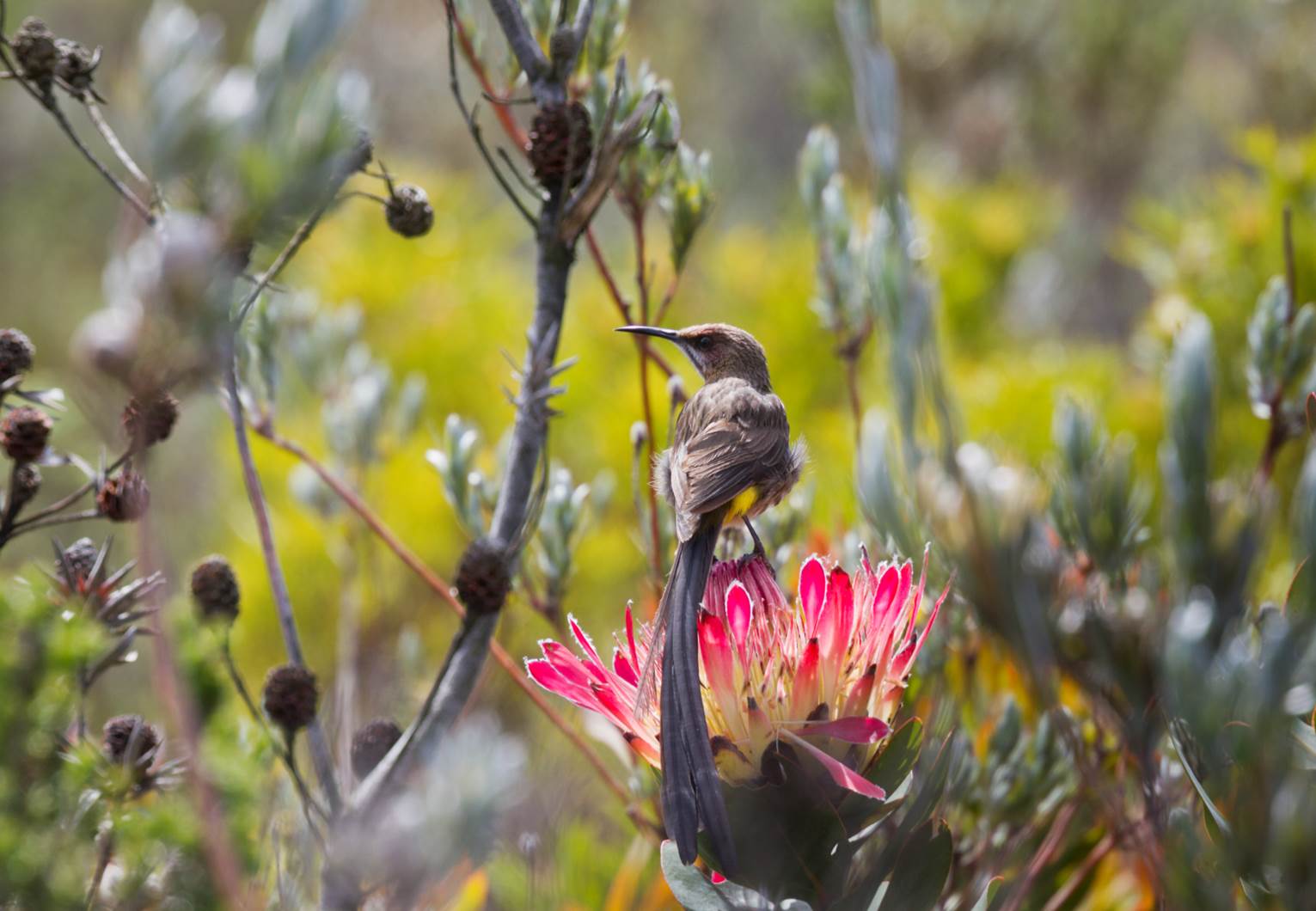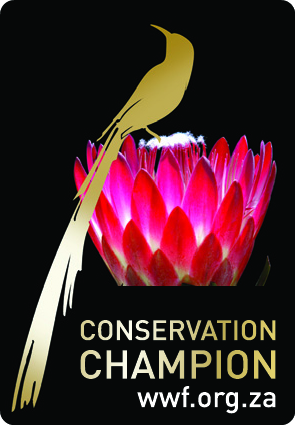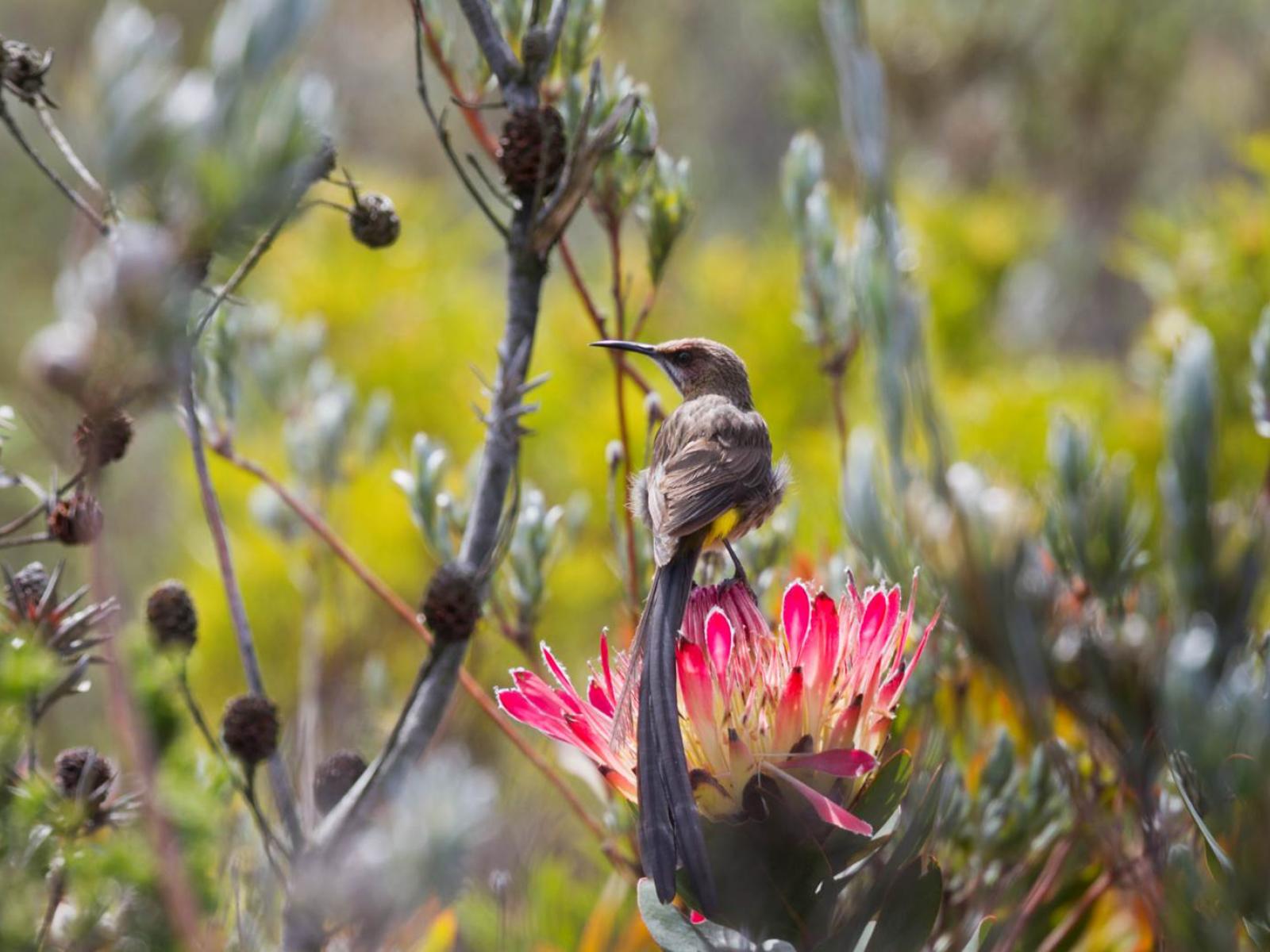An Overview Of Our Solution
- Population Impacted:
- Continent: Africa
Organization type
Population impacted
Size of agricultural area
Production quantity
People employed
Describe your solution
Describe your implementation
External connections
What is the environmental or ecological challenge you are targeting with your solution?
Describe the context in which you are operating
Agriculture has the largest impact on biodiversity loss, but is an important sector in SA, both to maintain a food secure nation and for improving household nutrition and financial security through job creation and rural redevelopment. Yet, economic growth and development is limited by already overcommitted natural resources (land, water, energy).
Primary agriculture contributes only 2-3% of SA’s GDP, yet upstream and downstream benefits (including jobs) are significant as unemployment is 27%. The fastest growing economic driver in WC is local and international tourism (think fine dining, wine experiences, ecotourism) which provides year-round jobs, revenue and other opportunities.
Agriculture’s future growth and expansion is highly constrained due to limited high-value agricultural soils (13% of SA soil is arable, and only 3% classified truly fertile), growing water scarcity and energy insecurity. As agricultural expands into more marginal soils, more water and agro-chemical inputs will be required to boost yield and production.
Agriculture is the largest water user – using 62% of available surface freshwater. The current drought and extreme weather events (wildfires, floods, high winds) highlight increasing risk and volatility, yet agriculture is at the forefront of a transition in SA towards a low water, low carbon economy. A key part of this is ensuring that adequate natural land is restored and resilient in the face of climate change and other challenges.
How did you impact natural resource use and greenhouse gas emissions?
Language(s)
Social/Community
Water
Food Security/Nutrition
Economic/Sustainable Development
Climate
Sustainability
A funded pilot proved great demand and willingness for this approach (supported by WWF Nedbank Green Trust and wine industry). 90% of producers are accredited and serviced by IPW (with annual levy). WWF drives long-term, legally-binding conservation agreements and new innovations (renewable energy, water efficiencies and climate adaptation measures), and continues to secure value chain partners (Nedbank, RMB, UPM, Woolworths). Envisaged to become a self-sustaining user pay model within 3 years – once Conservation Champions established as well-recognized brand by local and international retailer, tourism and hospitality partners – driving up the number of membership fees to a viable level to support the operational costs
Return on investment
Entrant Image

Entrant Banner Image

